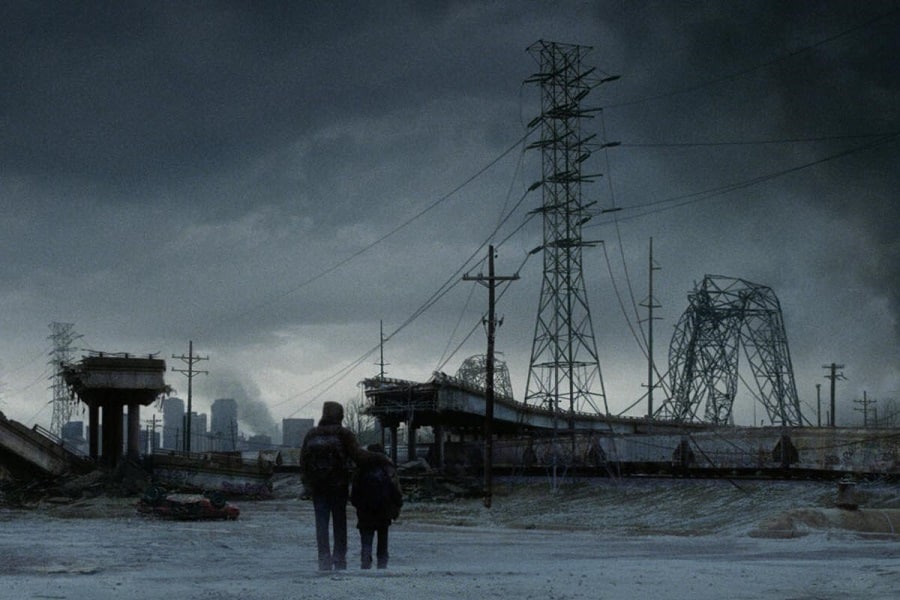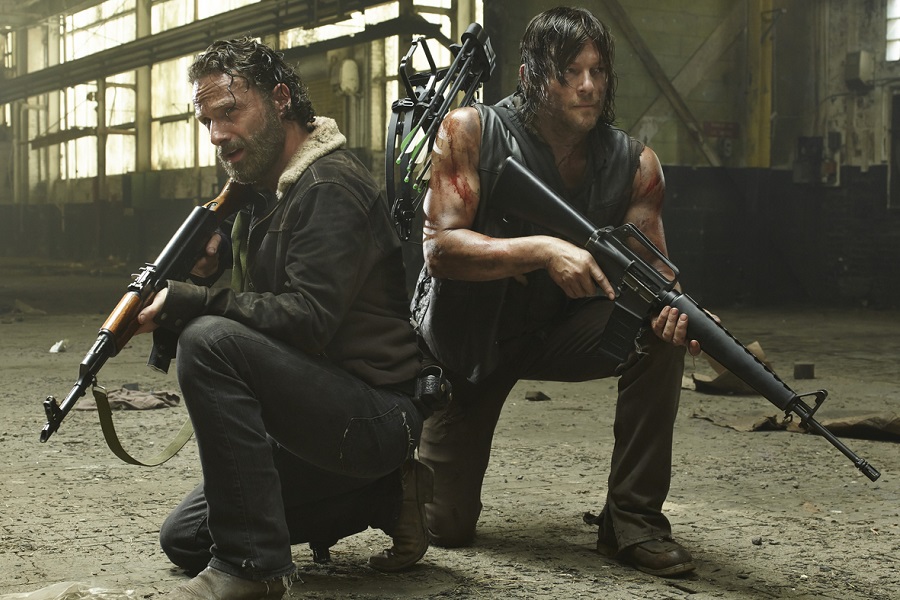
Apocalypse Now, Please
Cockroaches, Twinkies, and apocalyptic thrillers: all things that, quite undeniably, would survive the end of the world. Whether in print or on the silver screen, tales of humanity’s dusk have enraptured audiences for generations. But why? What is it about the annihilation of civilization, the utter eradication of life as we know it, that we find so… cozy?
Let’s not play coy; there is an inherent appeal to the apocalyptic thriller genre. Perhaps it’s our morbid fascination with destruction, the grim satisfaction of witnessing a collapse without the inconvenience of actual survival. Perhaps it’s the primal rush of adrenaline, the heightened awareness that accompanies our fight-or-flight instinct. Or maybe, just maybe, we all secretly relish the opportunity to rebuild the world in our image.
Firstly, the enjoyment of apocalyptic thrillers is, in part, a product of our human instinct to face and understand our deepest fears. In these narratives, the end of the world is an imposing certainty, making the annihilation of life as we know it a manageable concept. By experiencing the apocalypse vicariously, we give form to an abstract, almost unthinkable dread, grounding it in something tangible and therefore less terrifying.
And let’s not forget the characters. A world in ruin peels back societal masks, allowing us to see humanity in its rawest form. The backdrop of apocalypse presents a mosaic of moral and ethical quandaries that force characters into their most authentic, unadorned selves. Everyman becomes every hero, every villain, every survivor.
Just consider the blockbuster film franchise “Mad Max” or the critically acclaimed novel “Station Eleven”. These works plunge ordinary individuals into extraordinary circumstances. Max Rockatansky, a haunted survivor, navigates a savage, resource-starved world. In “Station Eleven”, Kirsten Raymonde, a former child actress, now a traveling performer, traverses a post-pandemic landscape. These characters remind us that in the face of Armageddon, heroes can come from the most unexpected of places.
Now, take for instance “The Road,” a powerful addition to the apocalyptic canon. Originally a novel penned by Cormac McCarthy, it presents a bleak, harrowing landscape of an earth post-cataclysm. The story follows a man and his young son as they trudge through the charred remnants of America. Their plight, punctuated by a deep, tender bond, is an evocative exploration of love and hope in the most desperate of circumstances. It lays bare the horrors of an apocalypse while celebrating the resilience of the human spirit, encapsulating the dual essence of despair and hope that defines the genre.
When “The Road” was adapted for the screen, the same poignant narrative was brought to life with a gritty realism that only intensified its impact. The cinematography, stark and unflinching, etched the bleak apocalypse into viewers’ minds, enhancing the desperation and fortitude of the characters. The performances, particularly from Viggo Mortensen and Kodi Smit-McPhee as the father-son duo, captured the heart-wrenching struggle for survival in an uncaring world. The film remained loyal to the book’s spirit, echoing its somber yet optimistic tone and providing a compelling, visually arresting counterpart to McCarthy’s bleak prose. Both versions are exemplary models of the apocalyptic thriller genre, revealing the brutal beauty that can emerge even in the bleakest scenarios.
Still, the appeal of apocalyptic thrillers doesn’t stop at exploring the unknown or savoring character evolution. This genre also introduces readers and viewers to an imaginative spectrum of world-ending scenarios. While some narratives feature more realistic threats—think pandemics or nuclear wars—others tread into the speculative, offering audiences the thrilling prospect of alien invasions, asteroid impacts, and even zombie outbreaks.
The amalgamation of science fiction and horror into the apocalyptic genre only intensifies its appeal. The sci-fi thriller variant of apocalyptic literature, best exemplified by works such as “War of the Worlds” or movies like “The Day the Earth Stood Still”, leverage technophobia and our fear of the otherworldly. This union keeps us on the edge of our seats, questioning what it truly means to be human in a world facing obliteration from alien forces.
On the other hand, apocalyptic horror intertwines our dread of the end with spine-tingling terror. The genre’s appeal lays bare our darkest fears, not merely of survival but also of the monstrous unknown. Novels such as Stephen King’s “The Stand” or films like “28 Days Later” mix end-of-the-world anxiety with an array of chilling, often supernatural, threats. They emphasize the horror of human existence, even as they reveal the resilience and adaptability inherent in our species.
Apocalyptic thrillers also serve as a mirror to society, reflecting our contemporary fears and anxieties. Climate change, pandemics, technological advancements, alien encounters—each apocalyptic scenario uncovers a specific societal concern. This facet of the genre makes it a powerful vehicle for social commentary, allowing authors and filmmakers to explore the repercussions of our actions and question the sustainability of our way of life.
Moreover, the rebuilding or restructuring of society that often follows apocalyptic events provides a canvas for creative imaginings of new social orders, economic systems, and technologies. We see this in “The Road” by Cormac McCarthy or the “Divergent” series, where the remnants of humanity strive to form new societies, often grappling with questions of morality, governance, and survival.
The apocalyptic thriller genre is a roller coaster of emotions. It’s fear, hope, despair, and exhilaration, all wrapped up in a narrative package that seeks to dissect the human condition, even as it entertains. It dares us to confront our darkest fears, invites us to imagine the unimaginable, and ultimately celebrates our survival instincts.
In the grand scheme of things, we may not know why we love apocalyptic thrillers so much. Maybe it’s the way they dramatize our insecurities, or perhaps it’s the escape they provide from our mundane existence. Or possibly, it’s the thrill of imagining a world where we can start over, only this time, hopefully, we’ll do better. Until then, we will continue to consume these narratives of ruin and redemption, finding comfort in the stories they weave about the end of the world. For as long as we have fears to face, heroes to cheer for, and worlds to rebuild, the apocalypse will always be now, and oh, how thrilling it is.
More Apocalyptic Thriller Features
Redefining Apocalyptic Thrillers
The Walking Dead: Redefining the Apocalyptic Thriller Genre
Death in the Apocalypse
Top 10 Ways To Die In The Apocalypse
YA Apocalyptic Thrillers
Why We’re Hooked on YA Apocalyptic Thrillers



